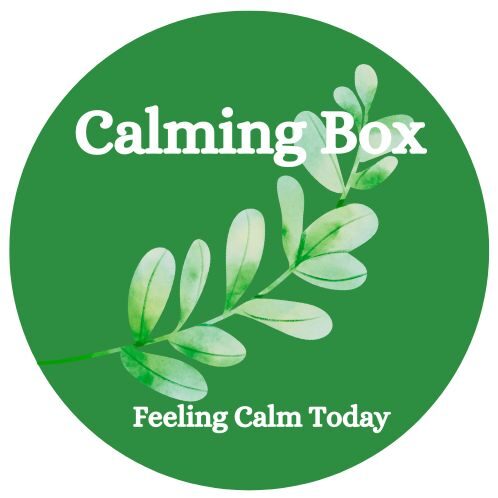Are you finding yourself withdrawing from social events?
Feeling overwhelmed and wanting to hide?
A traumatic exposure represents threats to our safety and well-being.
Whether external or internal
Our traumatic events cause feelings we are uncomfortable which can include fear, anger,shame, anxiety
These uncomfortable feelings can affect how we go through life. We may withdraw from life and try to avoid reminders of our traumas.
Withdrawal and avoidance patterns can become chronic thus we become more socially isolated and less engaged in our daily routines and activities.
Then the isolation, limited activity perpetuates feelings of fear, anger, shame, anxiety
Now,post traumatic stress distortion can begin to define us.
Dictating what we do
Controlling our life and decreasing our overall quality of life
This can lead to a downward spiral
This can lead to being caught in a loop
A traumatic experience represents a significant threat to our safety and well-being. Such events often leave us with deep emotional wounds, causing feelings that are difficult to process, including fear, anger, shame, and anxiety. These emotions, while uncomfortable, are natural responses to trauma. However, when left unaddressed, they can influence how we navigate life, leading us to withdraw from social connections and avoid reminders of our traumatic past.
Avoidance and withdrawal can gradually become chronic patterns, making us feel more socially isolated and disengaged from our usual activities. This lack of engagement perpetuates feelings of fear, anger, shame, and anxiety, creating a cycle that keeps us stuck. Over time, post-traumatic stress can begin to define us, dictating our actions, controlling our choices, and diminishing our overall quality of life. This cycle can lead to a downward spiral, trapping us in a loop of distress and avoidance.
But there is hope. The key to breaking this cycle is small, intentional steps that gradually rebuild our sense of control and connection. Calming Box provides tools to help individuals disrupt these negative patterns and move toward healing through gradual, achievable actions.
The Power of Small Steps
The journey to recovery does not require giant leaps. Instead, it is about breaking goals into small, manageable steps. The process involves:
- Taking small steps: Rather than overwhelming yourself with the need for immediate transformation, focus on gradual movement. Small successes build momentum.
- Monitoring your emotions: Track how you feel after engaging in small activities. Recognizing positive shifts can motivate you to continue.
- Building on progress: Over time, these small steps accumulate, leading to meaningful change. The key is consistency, even when progress feels slow.
Adjusting to a slower pace of recovery can feel frustrating, especially if you were once highly active and engaged in life. You might feel impatient with the pace, believing small steps are insignificant. However, they are essential in creating long-term, sustainable change. The focus is not on how quickly you recover but on the steady progress toward reclaiming your joy and peace.
The Role of Behavioural Activation
Behavioural activation is a powerful approach to help re-engage with life. It involves gradually increasing your participation in activities that bring meaning and fulfillment. This could include:
- Exploring new activities
- Resuming old hobbies or passions
- Identifying moments that bring a sense of purpose
It is essential to recognize and address your withdrawal and avoidance patterns. Though avoiding certain triggers may feel like self-protection, it ultimately reinforces fear and limits personal growth. Being mindful of barriers and slowly working through them allows for progress.
You want to keep building your foundation of calm for your sustainability.
Moving Forward with Calming Box
Calming Box is here to support you in your journey. By using behavioural activation and personalized tools, you develop a strategy that works for you. We will continue to outline key strategies to help you move forward with your recovery, offering practical steps to build resilience and reclaim your sense of self.
Remember, progress is not about perfection. It is about creating movement, embracing momentum, and allowing yourself the grace to heal at your own pace. You are capable of breaking free from the cycle of post-traumatic stress and rediscovering a life filled with peace and joy one small step at a time.
Take responsibility on your own terms. You can invite and include professional help. However, there are many of us who do not have access or the means to a professional therapist, so it is okay to keep learning and trusting yourself to heal and find peace.

